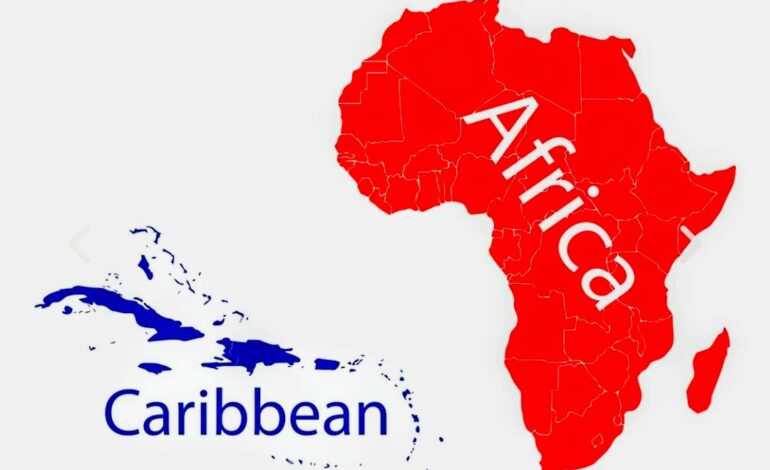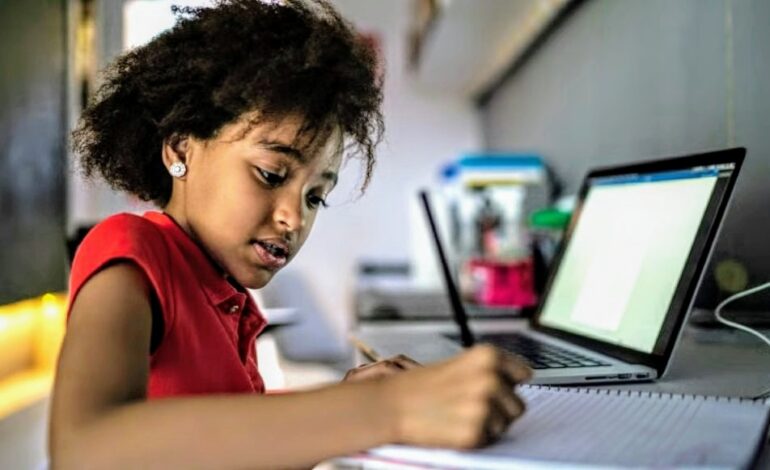
Avellon Williams
CARIBBEAN: In Early Modern English, the word ‘suffer,’ meant to tolerate, allow, or permit.
But, since COVID-19 struck more than a year and a half ago, this word, ‘suffer’ pertaining to children has literally taken today’s meaning.
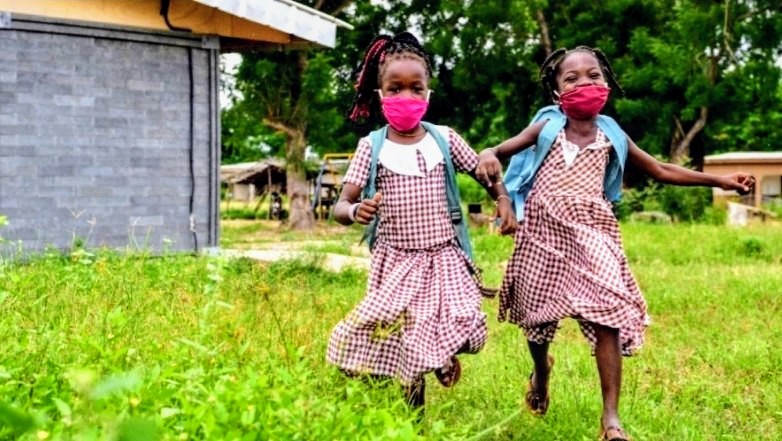
All over the world, schools were among the first institutions to be closed to prevent the children from being infected and thus spreading the virus.
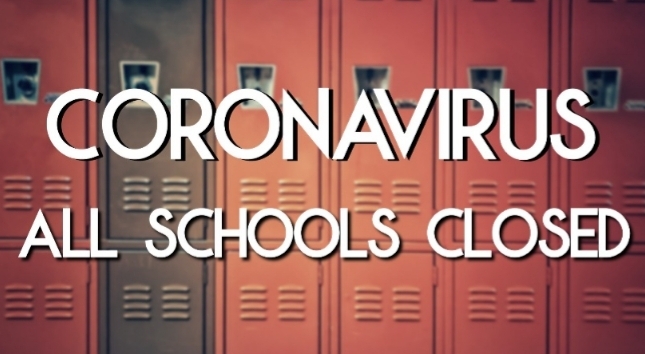
Rightfully so, because schools represent the largest daily social gathering of individuals all over the world and children, by, their very nature love to have physical contact with each other.
They love hugging and sharing meals and snacks, thus providing fertile ground for the spread of the virus. So, the decision to close schools was both understandable and laudable.
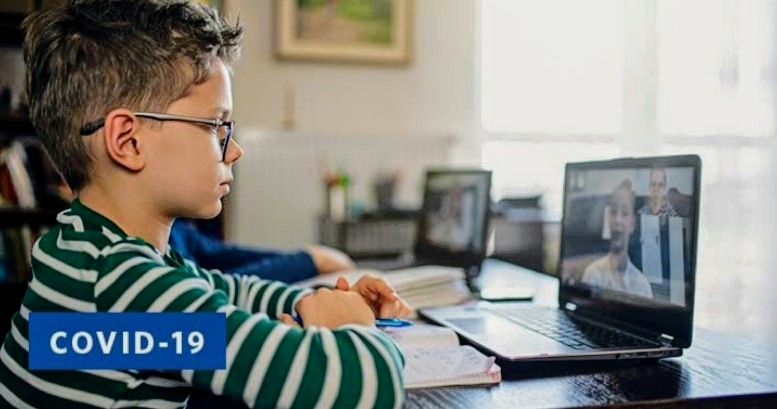
Several countries were forced to resort to virtual teaching/learning, making use of modern technology; computers, laptops, tablets, phones, and of course the internet.
However, several children fell through the cracks, either because of: no connectivity, no electronic devices, and in some instances, no adult supervision at home.

In Trinidad and Tobago, the Minister of Education Dr. Nyan Gadsby-Dolly reported that about 2000 children did not access any form of education for the past academic year.
This is just a drop in the bucket of the 463 million children worldwide who have not been able to access online tutoring during the last year according to UNICEF; the United Nations International Children’s Emergency Fund.
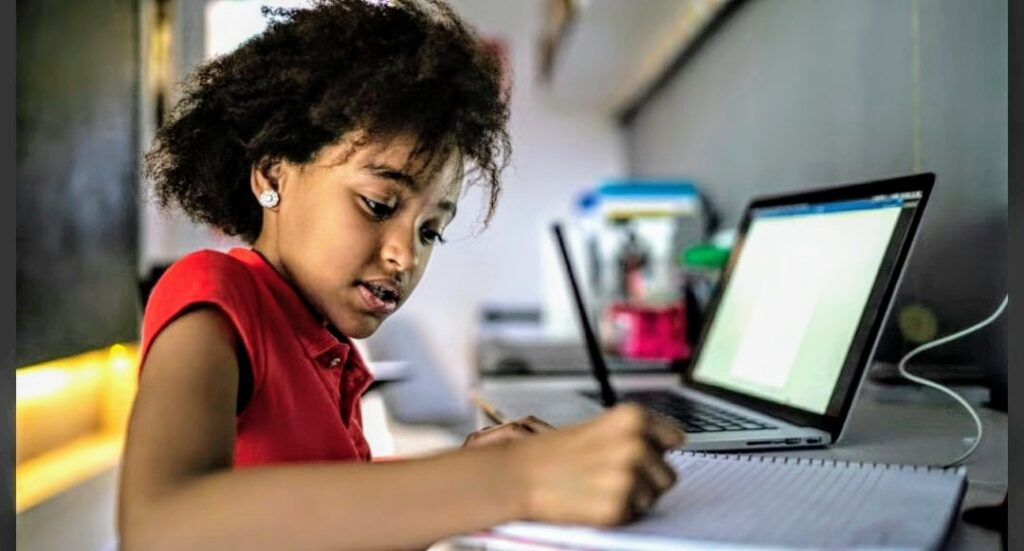
Even those who were able to access virtual learning missed out on one of the most fundamental aspects of school life; socialization.
Schools are one of the major institutions where children get to interact with their peers. This psychological effect on children will be felt for years to come.
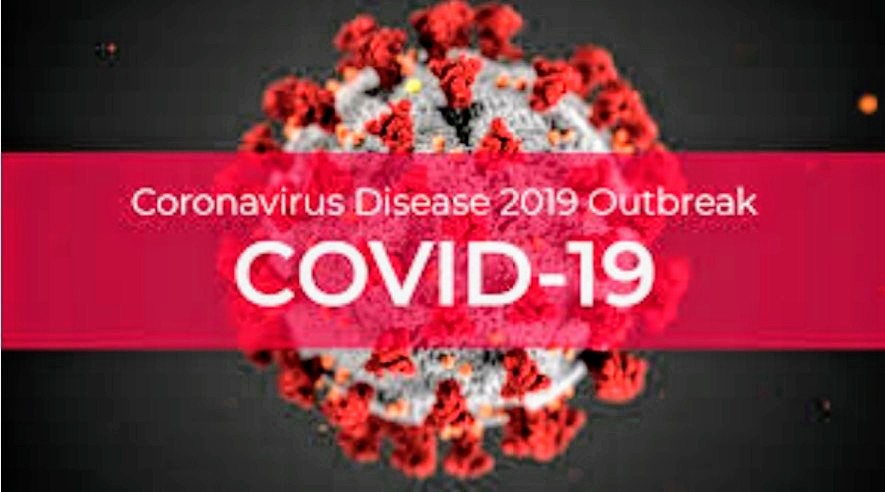
Much has changed since March last year. Whereas the virus was unknown last year, much knowledge has been gained to the extent that vaccines have been developed to aid in the battle.
While mutations of the virus have presented challenges to the medical community, the vaccines are proving to be very effective in preventing serious illness and death.
A number of countries have begun to cautiously reopen their schools for face-to-face teaching and learning.
Even this is fraught with some level of danger, as in the case of Israel, where its recent surge in infections from the delta variant began in a high school, where the children were unvaccinated, prompting Israel to began a mass vaccination drive among its school population.

The World Health Organization (WHO) has since authorized the use of the Pfizer vaccine for children ages 12 to 18 years.
Trinidad and Tobago began vaccinating its school children (12 to 18) about one month ago. To date, approximately 25,000 children have been vaccinated, prompting Prime Minister Dr. Keith Rowley to announce that face-to-face classes will resume on October 4th for vaccinated children only in forms 4-6.
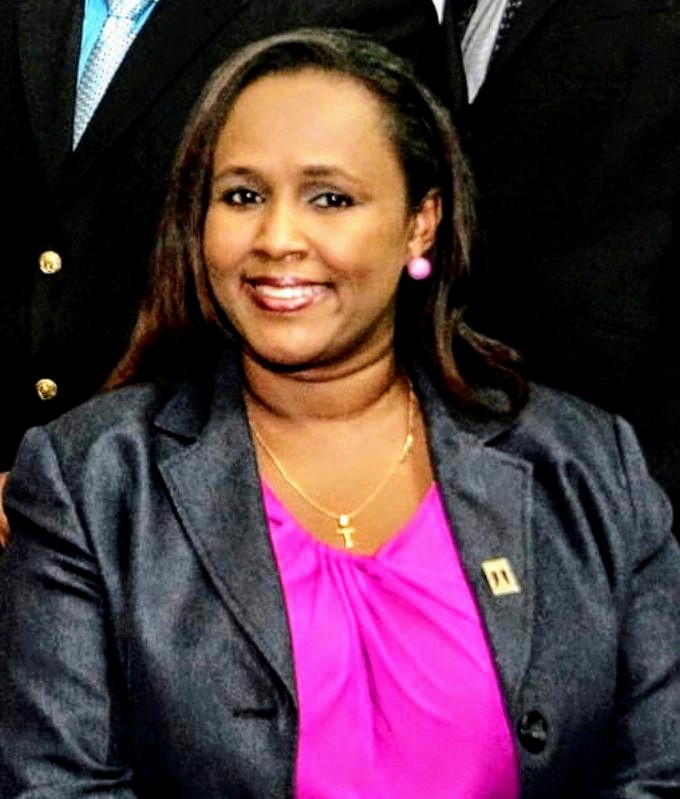
In an immediate response to this: the teachers union (TTUTA) 2nd Vice President Kyrla Robertson-Thomas declared that this will present a logistical challenge to teachers, who do not have the wherewithal to teach face-to-face and remotely at the same time since the unvaccinated children will need to be taught.
This also means that Primary School students and Pre- School students will have to remain at home since no vaccine is available for children under the age of 12.
In the United States, the reopening of schools has seen conflicts among local school boards, state officials, and parents, particularly over mask mandates.
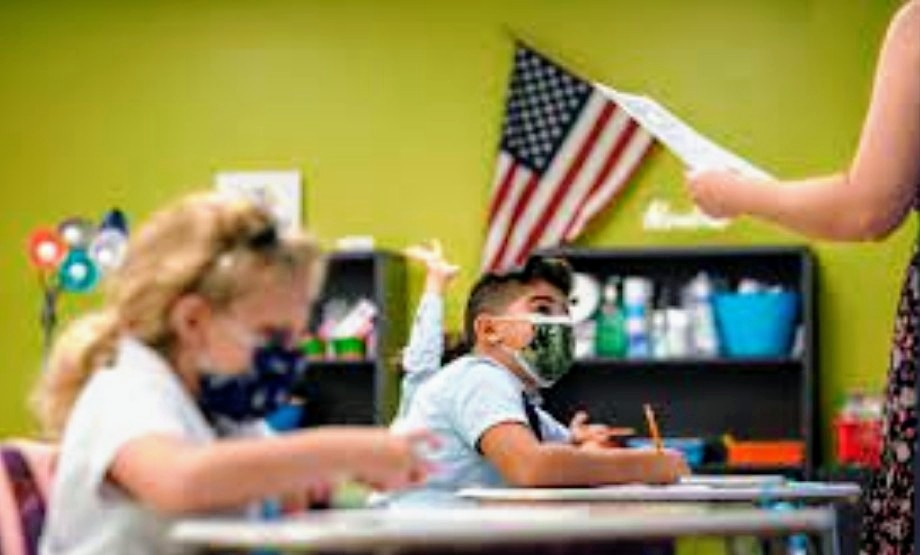
At least 6 educators in the USA have died of COVID since the reopening of schools and many more have become infected with the virus. A number of children have also been infected.
In Trinidad and Tobago, the worrying trend of children getting the virus is now emerging, with the latest report placing 10 children in local hospitals.

This reporter concurs with the health officials and the Government. Adults need to be vaccinated so that some level of protection will be accorded to the children who are unable to be vaccinated.
Parents also need to encourage those children ages 12 to 18 to get vaccinated. Following Science is the only way we can get back to some semblance of normalcy and ensure that our children receive the type of Education that we prepare them to be future leaders.
While we should suffer; the children according to the Good Book should not. Let us minimize their suffering as much as we can.



